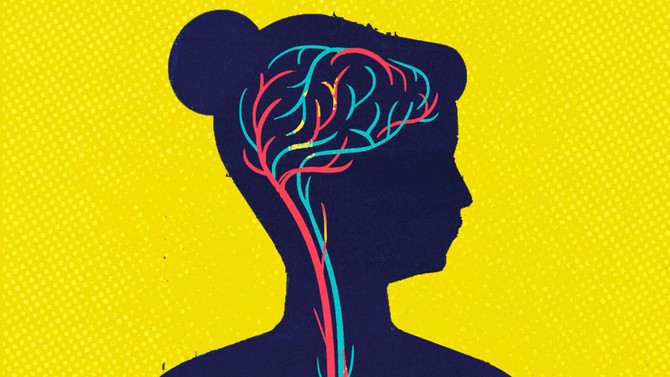3 Ways a Healthy Heart Can Protect Your Brain
To stay in good neurological shape, it seems obvious that you need to take steps to protect your brain. But there's another organ you should pay close attention to: the heart.
By Mehmet Oz, MD
Why a heart-healthy lifestyle can do amazing things for your head.
Research has shown that developing heart disease may increase the risk of Alzheimer's and dementia, and a 2013 review published in the journal Clinical Epidemiology notes a link between ischemic heart disease (the kind caused by restricted blood flow to your heart) and cognitive impairment.
When people hear about heart disease, they tend to focus on the four-chambered organ itself. Indeed, a compromised heart is bad news for the brain, which depends on blood-borne oxygen and nutrients to stay healthy. The less successfully the heart pumps blood, the greater the chance that neurons will die or become dysfunctional, and brain function will suffer.
But it's important to keep in mind that the heart is part of an extensive network of blood vessels—arteries, veins, and capillaries—that circulate blood throughout the body. People diagnosed with heart disease usually have damaged arteries that have been hardened and narrowed by plaque buildup (atherosclerosis). And such damage in one part of the body indicates a risk for damage in other areas—like inside your brain. There, stiffness in even the tiniest vessels can reduce the flow of blood through your cognitive command center. Over time, this can lead to cognitive decline and an increased risk for dementia.
This seems like a good time to point out that an estimated 44 million women in the U.S. are affected by cardiovascular disease, and some of the same risk factors that lead to heart disease and stroke can also contribute to dementia, Alzheimer's, memory loss, and cognitive dysfunction. So it's a no-brainer to start following this advice...
From the June 2017 issue of O, The Oprah Magazine
As a reminder, always consult your doctor for medical advice and treatment before starting any program.


